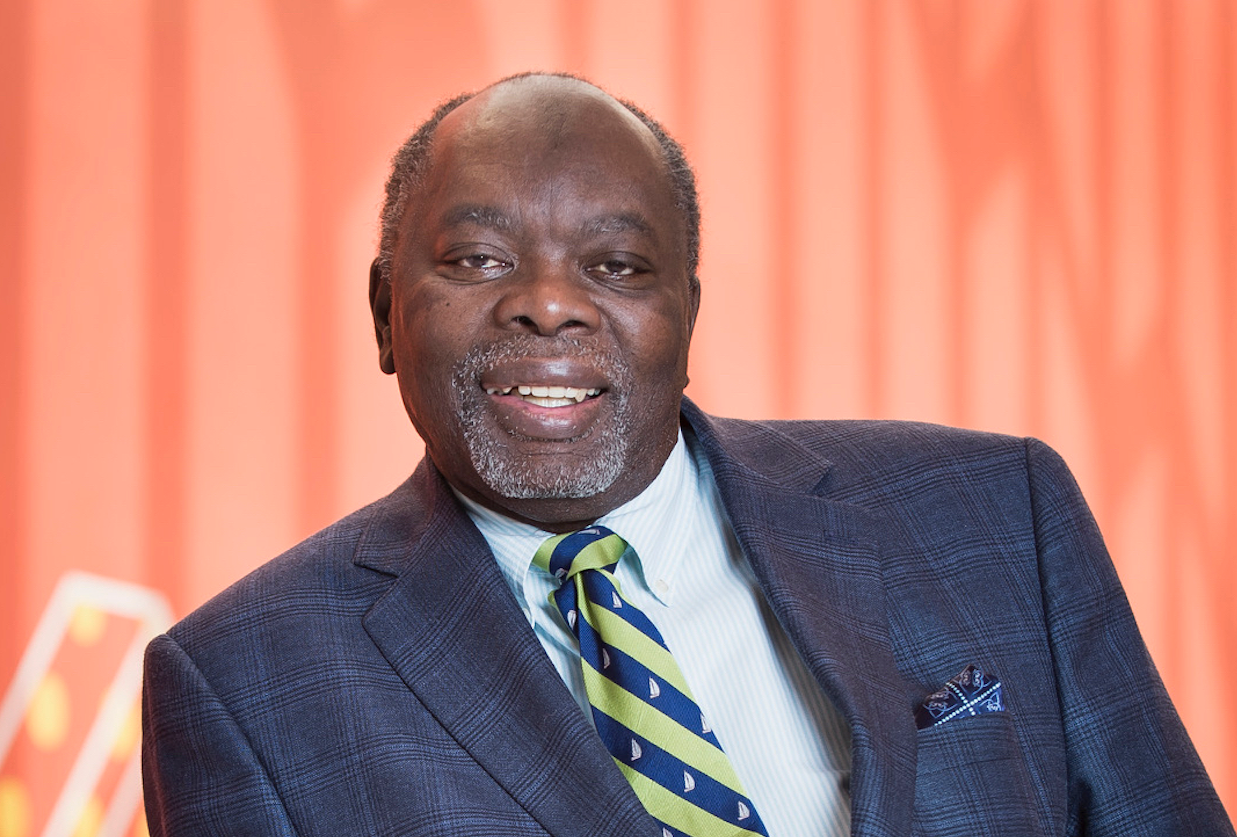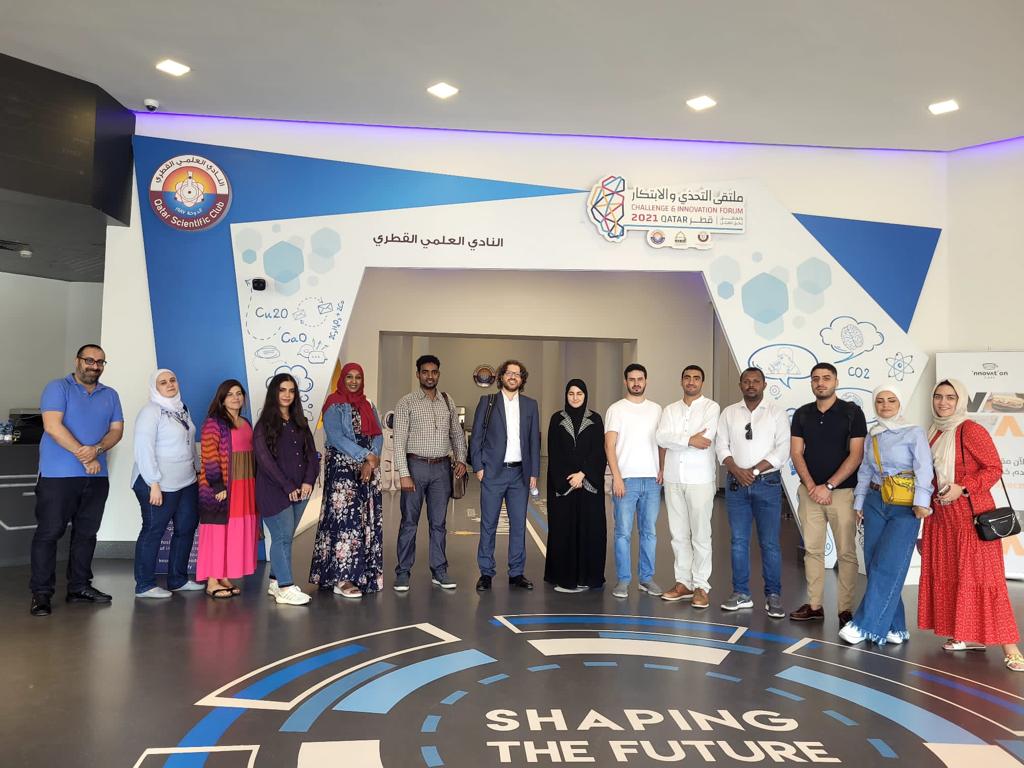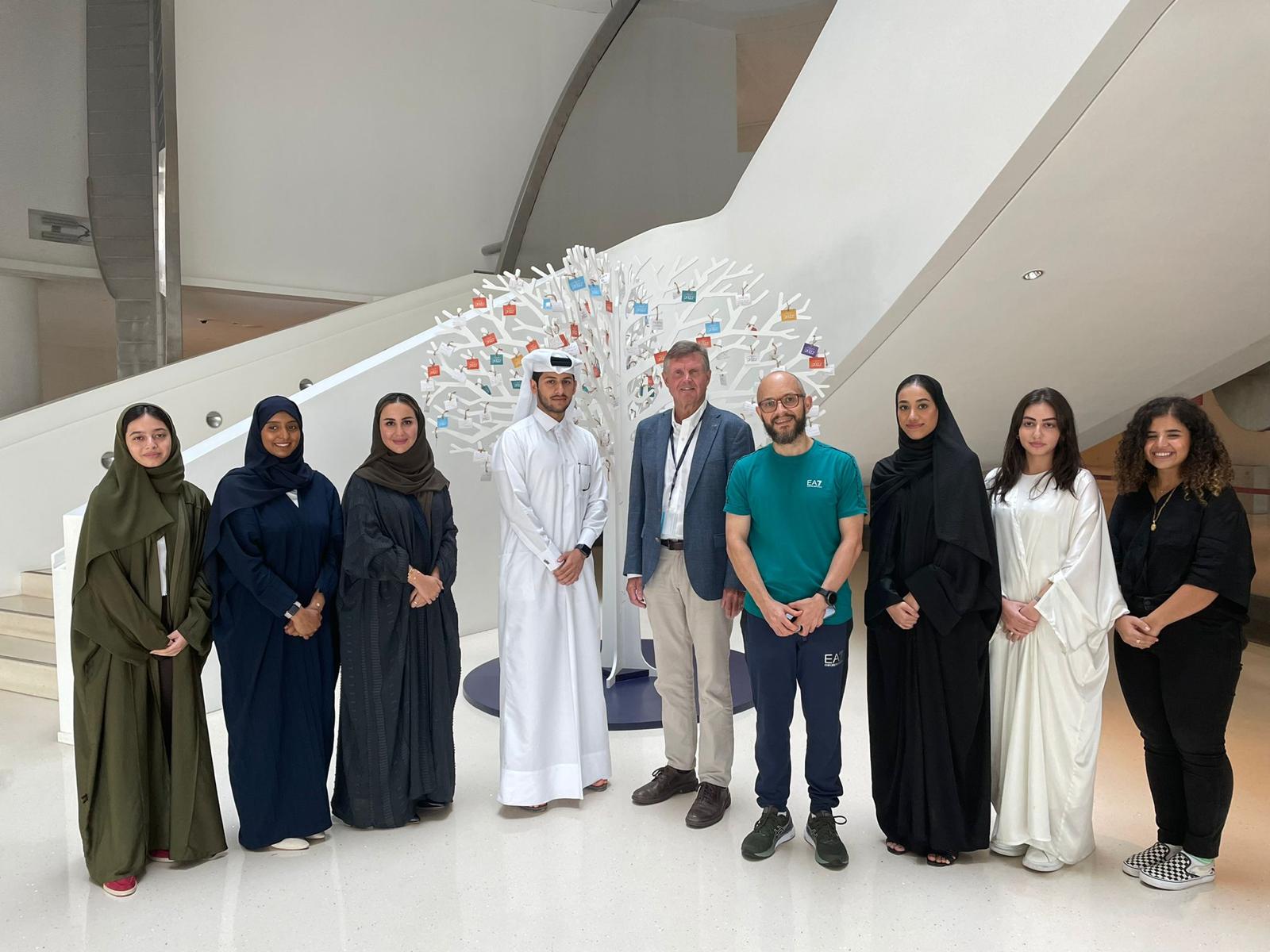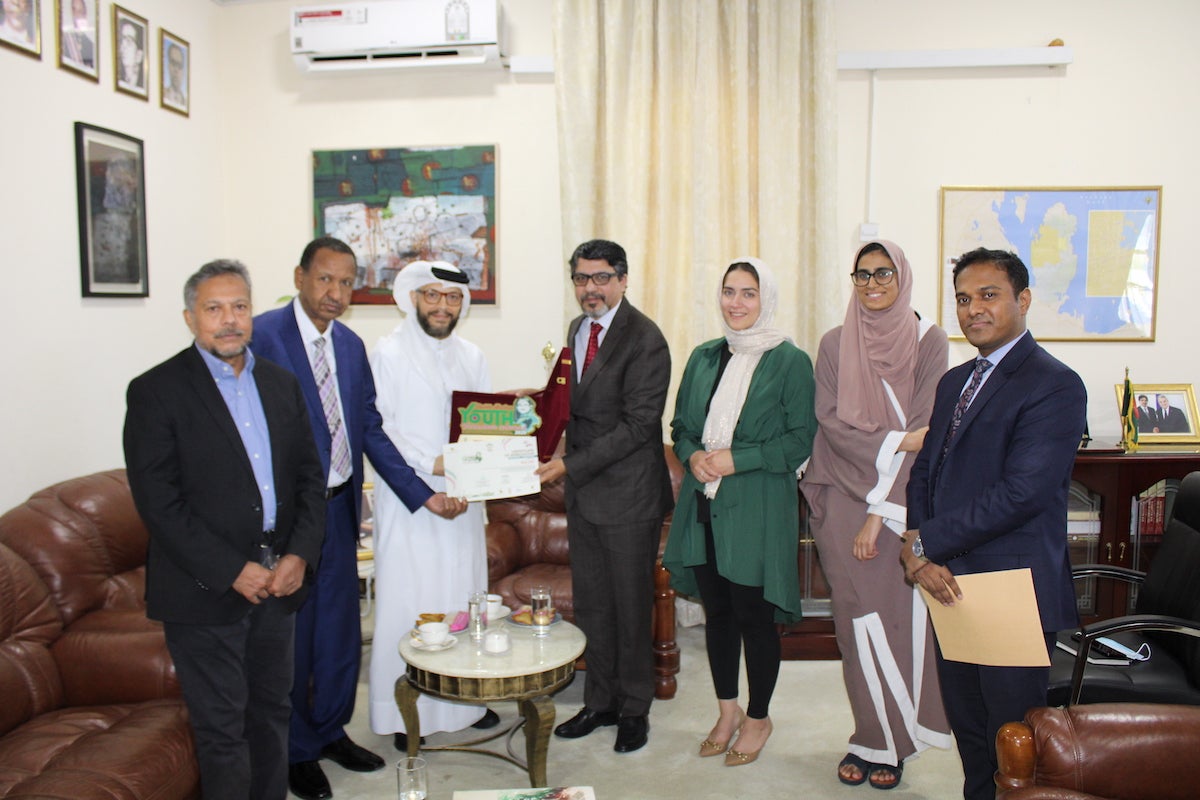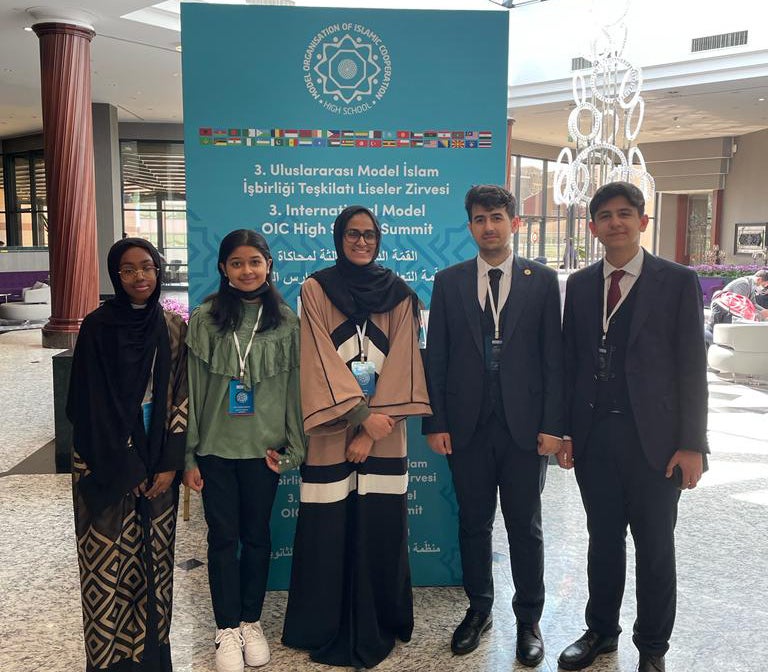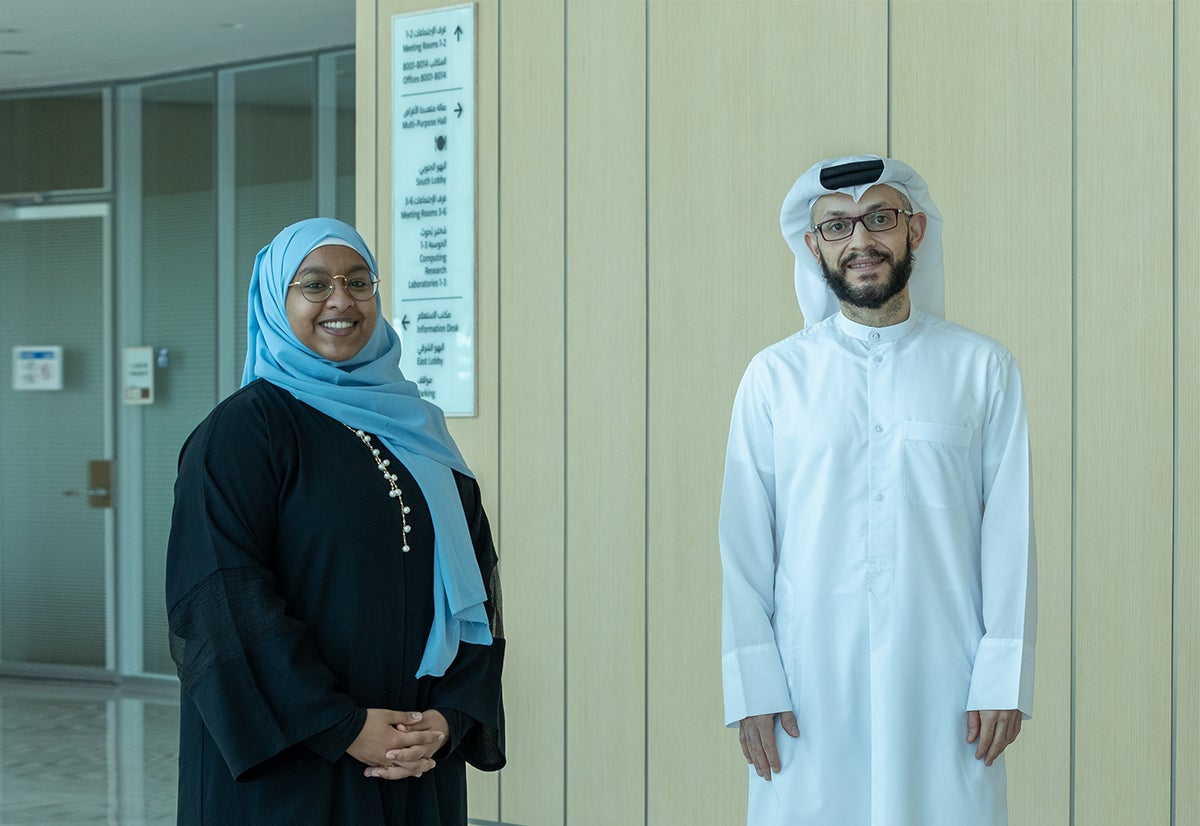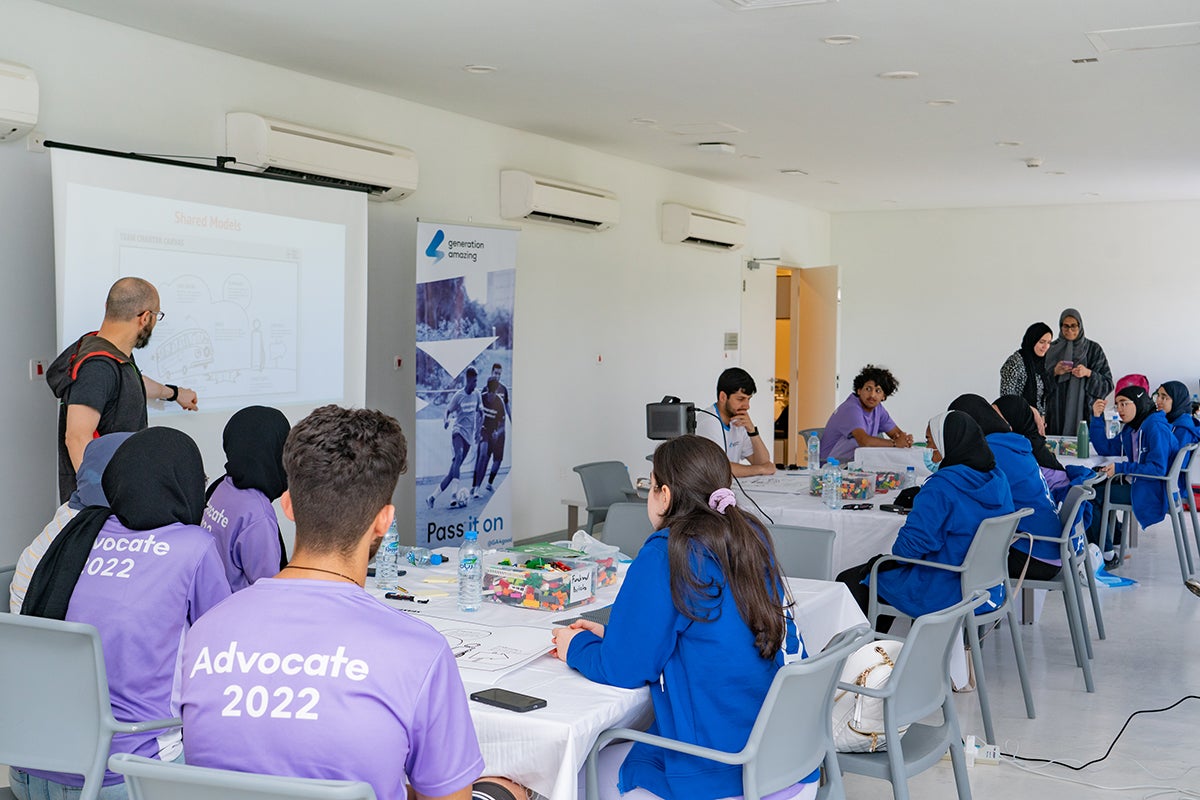Dean, College of Islamic Studies (CIS), Hamad Bin Khalifa University
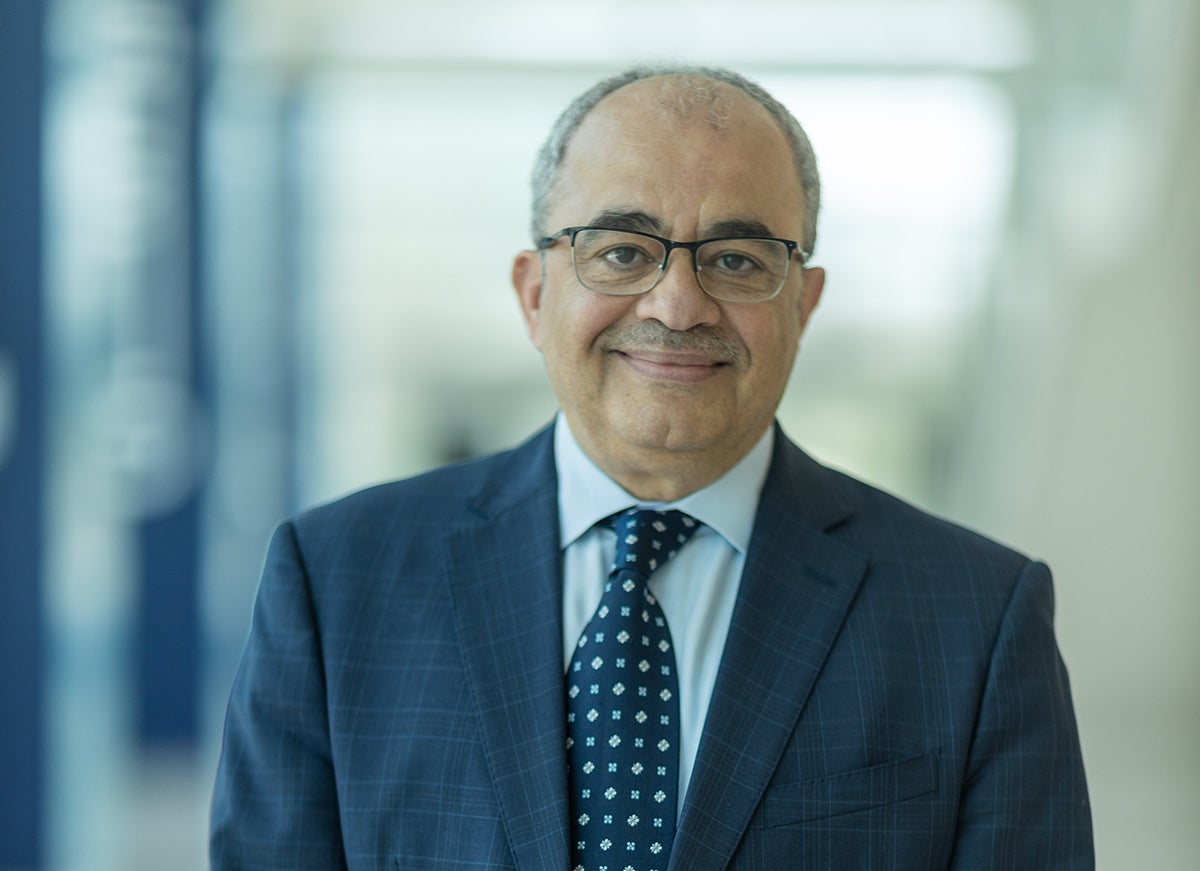
How important is it for students to return to classrooms and how has the college adapted to the pandemic?
The pandemic has completely changed the manner of educational delivery for the past two years, and there is no doubt that it has encouraged us to discover the rich possibilities for education through the strategic use of technology. Our faculty underwent extensive training which enabled our entire portfolio of programs to seamlessly transition to online synchronous and asynchronous learning. We updated all our course criteria and curricula models to ensure their adaptability to the system of delivery at different times. We also revised our annual routine enhancements for each course to speak to the most current developments, but with the added insight that the pandemic situation had lent. Essentially, with the critical support of every member of our staff and specialized teams, we faced the pandemic in the educational context with readiness, an open mind, and with a significant appreciation of our duty as educators.
However, there is something unique and inimitable about the physical classroom in which the in-person interaction lends a certain depth to academic debates, student life, and professor-student mentorship. Despite the richness of online learning that we have experienced, the conversations in hallways and the visits to faculty offices are irreplaceable in the camaraderie they foster. In line with national regulations, we look forward to seeing our campus vibrant again with our students, faculty, and staff, and revive that community spirit.
Therefore, it will not be simply a return to what we would have considered ‘normal’ two years ago. We have come too far and learned far too much to simply rewind. There has been much to consider in terms of blending our methodologies and producing a system that is far more versatile, enriching, and rewarding in its outcomes. This only makes the coming year that much more exciting for us to embrace.
What are the main programs offered by the College and are there specific programs for the region?
As a global community, we are immersed in an era that is defined by rapid change at every frontier: socially, politically, technologically, intellectually, geologically, and so on. A key strategy to manage this degree of change is to verify our own Islamic grounding and then enhance our understanding of the nuances of these issues through an interdisciplinary approach.
The HBKU College of Islamic Studies offers carefully crafted programs that speak to this interdisciplinary approach through the Islamic lens, including its master’s programs in Contemporary Islamic Studies, Islamic Ethics, Islamic Finance, Global Affairs, and Islamic Art, Architecture and Urbanism. We also offer an enhanced PhD program in Islamic Finance and Economy. Each of these programs highlight the complexities that need unraveling and enable our students to develop scholarly or applied inroads within the issues faced by Muslims and Muslim societies either locally or globally.
The contemporary needs of the region and the world are wide-ranging, from fiqhi responses to social change, medical advances that prompt bioethics, the development of Islamic financial instruments, conflict resolution and peacebuilding, and the preservation of our rich Islamic heritage — to name just a few. Essentially the core mission of our programs is to provide the necessary analytical skillsets to assess these dynamics and enable the changemakers of today to generate and activate well-informed and effective responses to them.
What role does CIS play in addressing Qatar's national challenges and how do they contribute to supporting interdisciplinary research?
Two of the key trends that have proved their benefits in this age of academia are interdisciplinary work and the effectiveness of collaborations. These have formed the foundations of our academic endeavors and instilled great pride in the scholarship and engagement they have produced within Qatar and abroad. For instance, our research excellence in Islamic ethics has enabled us to work closely with healthcare partners in the country to develop a more nuanced understanding of bioethics. Our development of an Islamic finance hub in the college has garnered significant inroads in the field and fostered partnerships with prominent financial entities in Qatar to apply these learnings. Our interest in the preservation of heritage has created a learning symbiosis with museum entities.
These areas of research excellence, founded on the rich expertise of our faculty and researchers and the dense institutional network of the college, have driven a bold exploration of these fields — many of them being very young disciplines in themselves. Combining this with Qatar as a country that is both young as well as ambitious and visionary, our work at CIS directly feeds into the state’s healthcare, society, politics, education, finance, and the spheres of the arts.




